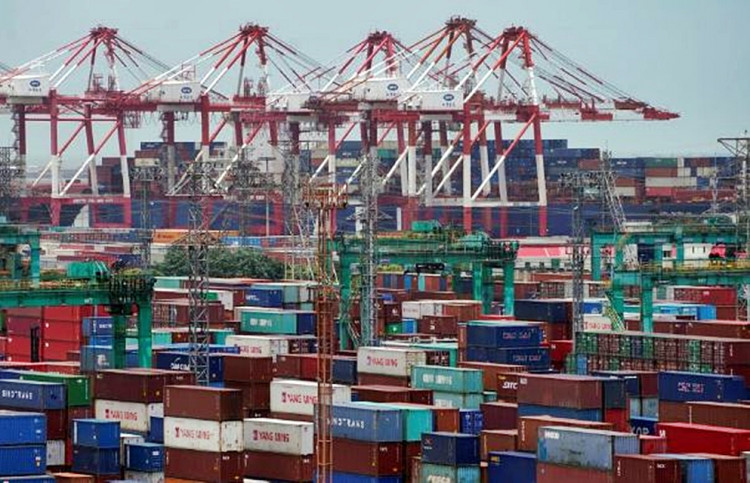China and the United States trade war truce might end on March 2 if there is no progress in the trade talks this month. The U.S. Trade Representative Robert Lighthizer said that they will increase tariffs on a number of Chinese imports on the said date if no deals were made between the two economic giants.
Chinese President Xi Jinping and his American counterpart, Donald Trump, are scheduled to meet in Asia this next four weeks to possibly extend the truce. The date and location of the meeting were not yet publicized. Trade negotiators of the two great nations met last week discussing important issues including intellectual property protections, one of the most critical topics in the deal. China continued to accept foreign firms in the nation and some big-time financial services now operates in the mainland. According to Daniel Pinto, JPMorgan co-president, they are on track to open an investment bank in mainland China this year and they plan to acquire a greater stake in a Chinese wealth management firm it has partnered up with for the last few years.
Nick Marro, Asia, and China analyst at The Economist Intelligence Unit said that it wasn't too surprising that the latest talks ended without a deal. He added that it makes sense considering the limited reform policies that they have from China since December. He notated that the most important preconditions for a deal will rest on how drastically China is reforming its own business environment, not on how much the U.S. exports the Chinese are willing to purchase.
Trump claims that the trade policies of China are unfair and it creates a huge trade gap between the two nations. Last year, the United States trade deficit with China widened and, according to rumors, some people involved in the China talks said that the Asian country will purchase more U.S. goods to throw a bone to the Trump administration on his deficit. The business society, however, believes it to be false since the non-American companies could file a complaint to the World Trade Organization if they are treated unfairly by mandating the private sector to buy American.
Recently, China decreased its impose tariffs on U.S. soybeans and it plans to increase its import. However, the volume of Chinese import of agricultural products is far beyond the normal purchase of the nation from the United States.
Many believe that the Lighthizer's March 2 deadline could threaten the November ceasefire agreement between the two nations which is scheduled to start in January until April 1.





